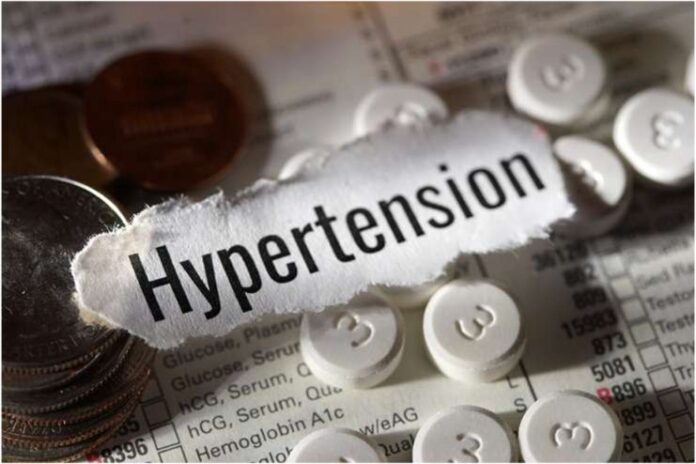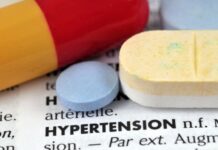Affiliate Disclaimer
Some links in this article are affiliate links. We may earn a small commission if you make a purchase through these links, at no extra cost to you. We only recommend products we find useful to our readersHypertension, or high blood pressure, is a chronic illness defined by a consistently high force that the blood exerts against the artery walls.
Blood pressure usually rises and falls during the day, but if it remains high for an extended period, it can harm your heart and lead to other health issues. We refer to higher blood pressure as hypertension or high blood pressure.
The second most common cause of kidney failure in the United States is uncontrolled hypertension. Severe hypertension might negatively impact kidney function over a brief period. Over many years, kidney damage can result from even modest forms of high blood pressure.
Understanding Hypertension and Kidney Health
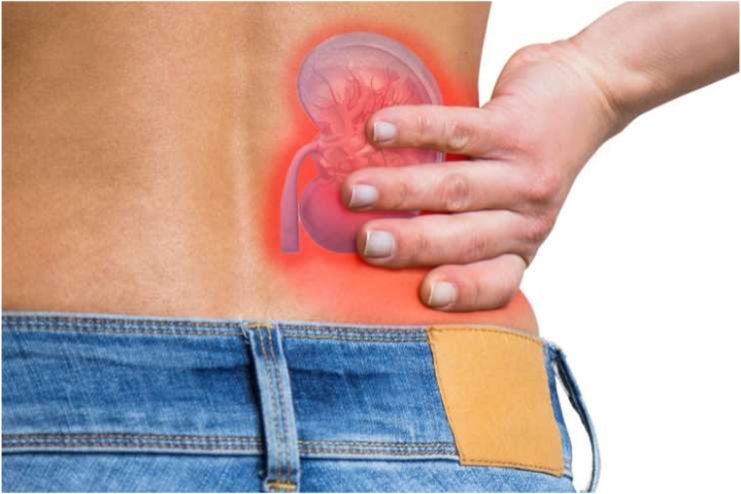
Often referred to as the “silent killer,” hypertension has a significant effect on the kidneys and gradually plans possible harm covertly.
Arteries in and around the kidneys may narrow, weaken, or stiffen over time due to uncontrolled high blood pressure. When those blood arteries are compromised, the kidneys don’t get the oxygen and nutrients they require to function correctly.
High blood pressure can result in kidney tissue scarring. This may affect the kidneys’ capacity to filter blood and control fluid and electrolyte levels, making elevated blood pressure more challenging to manage.
If the blood arteries in your kidneys are damaged, your kidneys may stop functioning correctly. When this occurs, kidneys cannot eliminate all waste products and excess fluid from your body. Additional fluid in the blood arteries might worsen renal failure by increasing blood pressure and starting a deadly loop.
Related Articles: Stress Hormones and Hypertension
Risk Factors and Complications
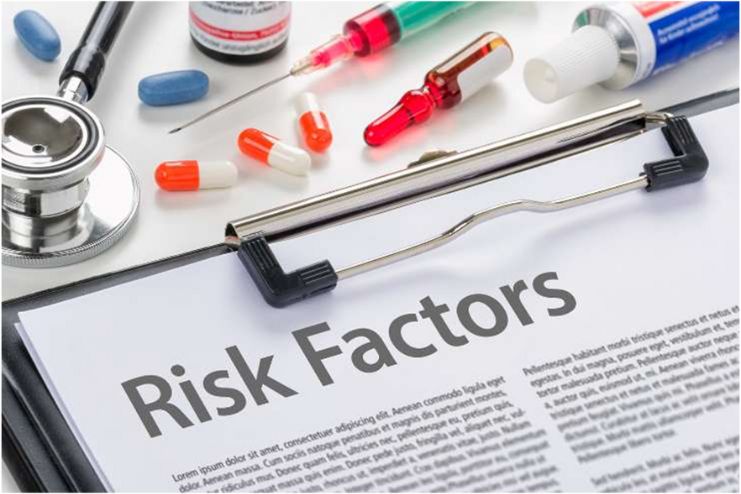
Risk factors for kidney disease and hypertension often overlap, creating a dangerous combination that accelerates health decline. Since heredity is a significant factor in exposing people to disorders like hypertension and kidney disease, a family history of these conditions dramatically increases vulnerability.
Approximately 1.28 billion persons between the ages of 30 and 79 globally suffer from hypertension (high blood pressure), with two-thirds of them residing in low- and middle-income nations. Researchers estimate that 46% of persons with hypertension are unaware of their disease.
Among the modifiable risk factors are:
- Excessive consumption of salt.
- A diet heavy in trans and saturated fats
- Low consumption of vegetables and fruits
- Lack of physical activity
- Use of alcohol and tobacco products
- Being fat or overweight
Furthermore, air pollution is the most important environmental risk factor for hypertension and related conditions.
Understanding these risk factors and consequences is essential for early detection and efficient care. You can protect long-term kidney health by reducing these risks and implementing proactive lifestyle changes, regular health tests, and prompt therapies.
Preventive Measures and Management
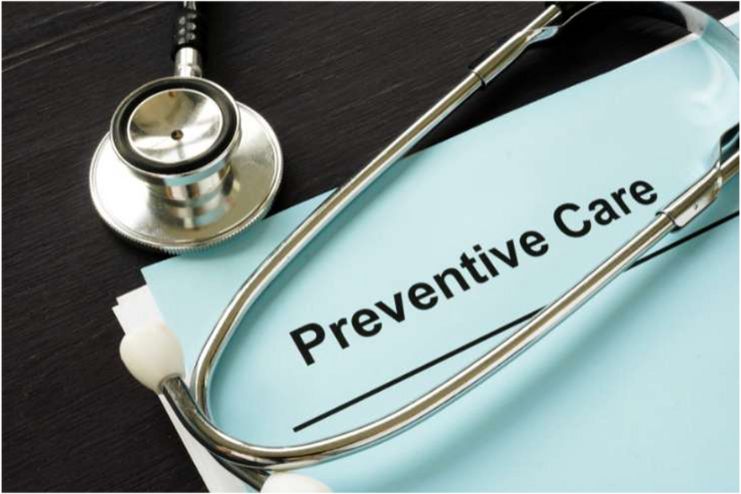
Proactive preventive measures that address lifestyle and medical care are the first step in protecting kidney health in people with hypertension. Adopting a heart-healthy lifestyle is the cornerstone of prevention.
Doctors first attempt to identify the cause of hypertension and decide on the best course of treatment. Then, medical practitioners can use this information to prescribe patients the appropriate medication for their circumstances.
Various blood pressure drugs have multiple mechanisms of action. Certain drugs lower blood pressure by relaxing the walls of the arteries, whereas others do the same by slowing down the heartbeat.
High blood pressure can also be prevented and reduced with these lifestyle modifications such as:
- Increase your intake of fruits and vegetables.
- Reduce your sitting.
- Increase your level of physical activity by going for walks, running, swimming, dancing, or strength-training exercises like lifting weights.
- If you are overweight or obese, you should lose weight.
- As directed by a healthcare provider, take your medications.
- Checking blood pressure regularly.
Related Articles: High Blood Pressure – Types, Causes, Diagnosis, Treatment and Prevention
Role of Diet and Lifestyle
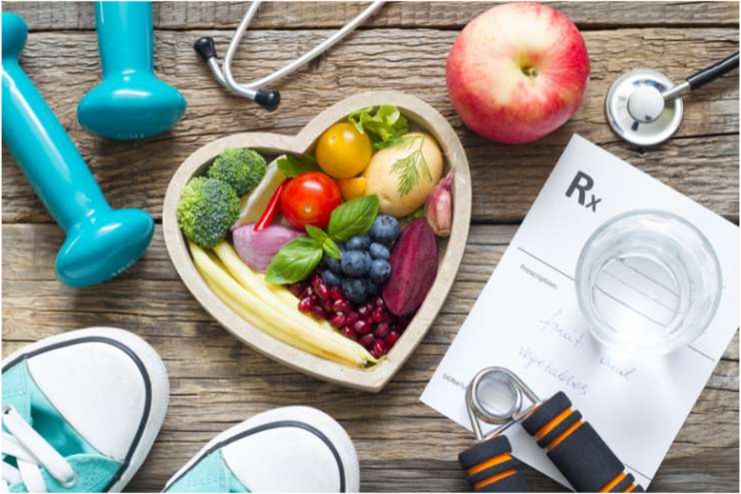
Practical strategies for controlling hypertension and maintaining kidney health include a kidney-friendly diet and thoughtful lifestyle changes. Our daily decisions can significantly impact how well our kidneys work and how well our blood pressure is managed.
Leading a healthy lifestyle can prevent kidney disease. Additionally, if you have kidney disease, there are things you can do to help yourself feel your best and prevent further kidney damage.
- The most common cause of kidney damage, in which the kidneys stop working, is diabetes. By managing your diabetes, you can lower your risk of developing kidney failure.
- Eat less fat, particularly saturated fat. Eating less fat may help you lose weight and lower blood pressure, which can lower your hypertension. High blood pressure raises the risk of arteriosclerosis, or artery hardening, which is another reason to limit the type and quantity of fat you consume. Steer clear of saturated fats in animal products, including butter, cheese, meats, and whole milk.
- Many foods contain the mineral potassium. However, potassium intake should be restricted in people receiving dialysis or those with advanced stages of chronic kidney disease (CKD).
- Excessive alcohol use can raise blood pressure, which, over time, can cause renal disease. Disrupting the body’s fluid balance can exacerbate kidney disease symptoms and lead to severe kidney damage over time.
- People who have been diagnosed with renal disease should follow a healthy diet.
- One of the well-known minerals, calcium, is responsible for healthy bones, teeth, and other vital bodily processes. The calcium needs of individuals with chronic kidney disease (CKD) differ from those of the general population. Learn about calcium, what to eat, and how it impacts renal disease patients.
Seeking Medical Guidance
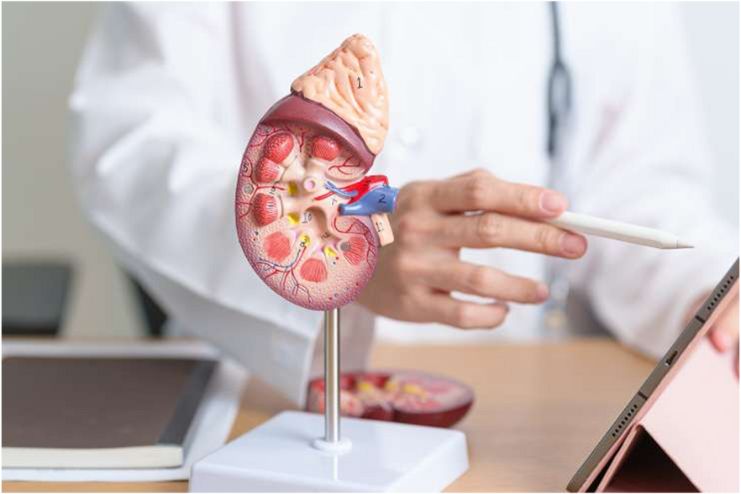
Hypertension patients must actively seek medical advice to avoid kidney issues. Request examinations and screenings allow medical professionals to monitor kidney function, blood pressure, and general health, ensuring that any possible problems are identified early. Manning, urine analysis, and blood testing can all uncover hidden kidney disease before symptoms appear.
Follow-up care is just as critical. Regular checkups with your physician enable you to modify treatment regimens, including pharmaceutical, dietary, and lifestyle modifications, to manage blood pressure effectively and safeguard kidney health.
People with hypertension can prevent complications and make educated decisions about their care by forming a solid collaboration with medical providers.
It is impossible to overestimate the importance of early intervention. You can achieve a longer, better life by taking charge of your health with routine follow-up treatment and medical counsel.
Related Articles: 12 Health Risks Associated With Obesity – Know The Risks!
Conclusion
Education and preventative care are your greatest allies in controlling hypertension and protecting kidney function. The intricate relationship between high blood pressure and kidney function emphasizes the value of a well-rounded strategy that incorporates medication adherence, frequent doctor checkups, and good lifestyle choices.
Adopting preventive measures and being aware of hazards can greatly lower people’s risk of kidney problems and enhance their general health.
It’s critical to understand that managing hypertension involves more than just keeping track of numbers on a chart; it also entails safeguarding crucial organs, such as the kidneys, from long-term harm. With the correct diet, exercise, and medical advice, you can stop the cycle of hypertension and maintain kidney health for years to come.
References
- https://www.niddk.nih.gov/health-information/kidney-disease/high-blood-pressure
- https://www.heart.org/en/health-topics/high-blood-pressure/health-threats-from-high-blood-pressure/high-blood-pressure-and-your-kidneys
- https://www.kidney.org/high-blood-pressure-and-chronic-kidney-disease
- https://pmc.ncbi.nlm.nih.gov/articles/PMC8110067/
- https://www.who.int/news-room/fact-sheets/detail/hypertension/
- https://www.rumcsi.org/news/advice-for-managing-hypertension-and-kidney-disease/
- https://www.cdc.gov/kidney-disease/prevention/index.html
- https://www.niddk.nih.gov/health-information/kidney-disease/chronic-kidney-disease-ckd/prevention
- https://www.kidneyhypertension.net/diet-nutrition.php
- https://academic.oup.com/ckj/article/17/Supplement_2/ii36/7905972
In this Article













